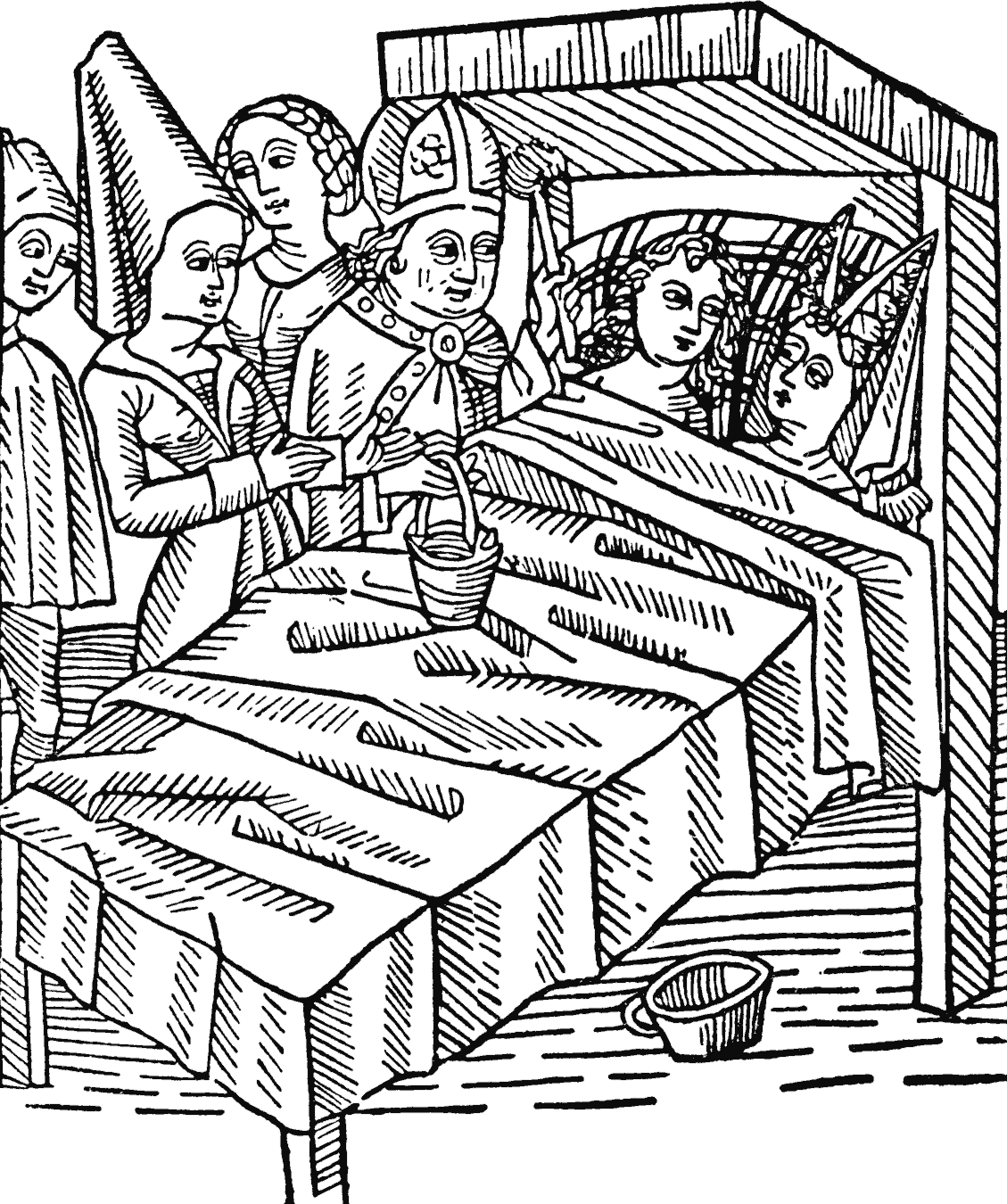Wendell Berry is a prolific writer from Kentucky.
After a period of scholarly activity, Berry returned to his native state and
became a farmer. He is also a member of the Temenos Academy, a Traditionalist
group based in Britain and sponsored by Prince Charles.
"Sex, Economy, Freedom and Community" is a collection of essays written during the early 1990's. Berry is difficult to place politically, and ironically refers to himself as an "anthropobiotheo-interpenetretist" and "gastrointeroenvironmentalist" (!!). Green conservative Christian would perhaps be a more mundane description.
Berry calls for a kind of land ethic similar to that of Aldo Leopold, in which humans are seen as part of a larger community, encompassing nature and wildlife as well. He calls for self-sustaining, small rural communities to replace the present industrial civilization. Globalization and free market liberalism are rejected, as are Communism and any system based on industrialism and centralization (although he has a soft spot for government price regulations, if they aid farmers). Berry believes that large cities such as New York or Phoenix aren't sustainable. He also criticizes the idea that "thinking globally" can change the world for the better: only thinking and acting locally will do. Community is a central concept to Berry, who believes neither in state centralization nor complete individualism.
The author criticizes really existing Christianity for being anti-environment, but believes that the Bible (if properly interpreted) means care for all of Creation and opposition to greedy accumulation of wealth. In effect, Berry wants to "Green" the Bible. He criticizes the Gnostic notion that we are good spirits trapped in an evil material world, since this could lead to indifference towards environmental destruction (why bother if the world is evil?). Rather, Berry wants us to affirm Creation as a whole, including the seemingly useless or dangerous parts. There does seem to be a hint of pantheism or "panentheism" in the author's thinking, since Berry believes that all of Creation is somehow divine due to the immanent presence of God's spirit.
The worst essay in this collection is "Sex, Economy, Freedom and Community" (also the title of the entire book). It contains a truly conservative and somewhat bizarre idealization of life long monogamous marriage and the mysteries of sex (who apparently can be enjoyed only within monogamous marriage). Of course, the spiritualization of sex craved by the author has never existed anywhere in the world, and is simply a fig leaf for patriarchy.
But then, what else to expect from a Traditionalist? (They aren't "traditional" enough. Neolithic societies were women-centred!)
That being said, Wendell Berry's book can nevertheless be read as an introduction to a form of environmentalism and anti-globalism more far-reaching than usual.

No comments:
Post a Comment